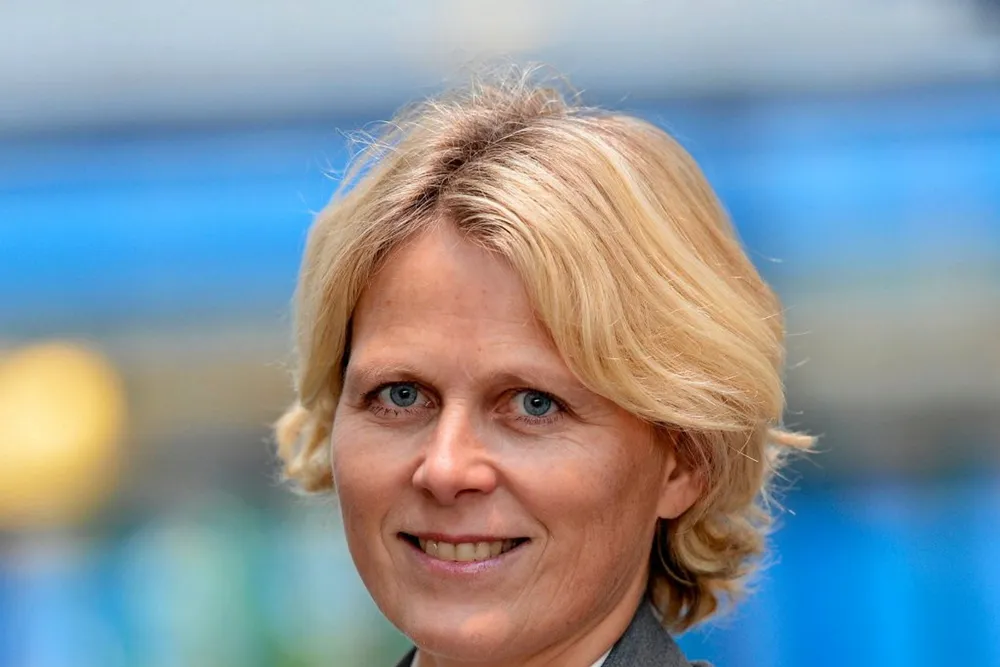Equinor delays Trollvind offshore wind 'indefinitely', citing multiple project challenges
Oil and gas giant says Norwegian plan faced issues over 'technology availability, rising cost and a strained timetable'

Oil and gas giant says Norwegian plan faced issues over 'technology availability, rising cost and a strained timetable'
